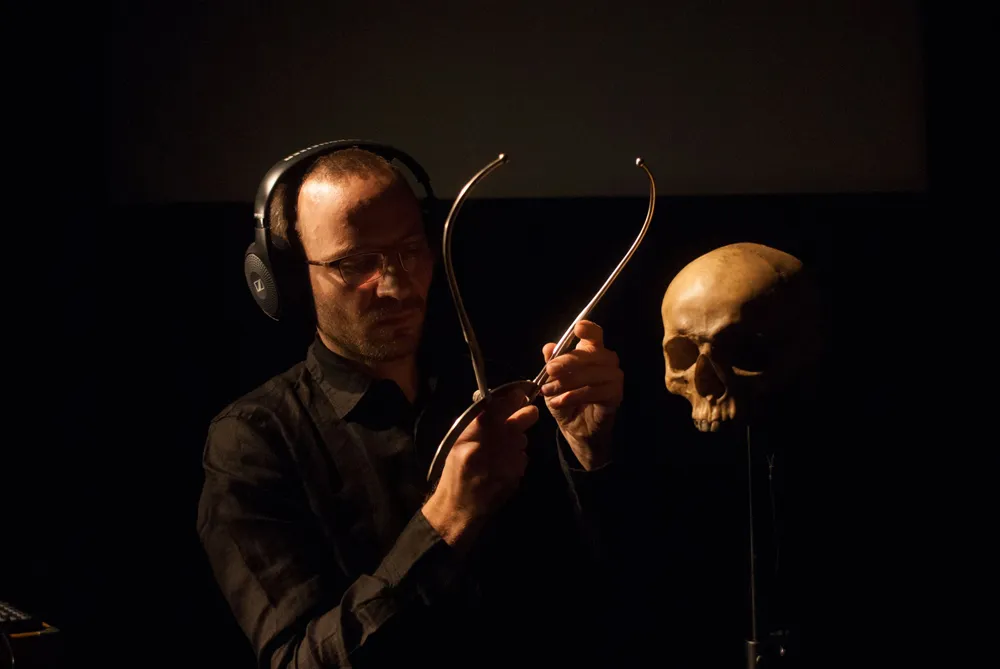Thousands of human skulls from all over the world are lying in the basements of German universities and museums. Many of them stem from the former colonies. Most of these skulls were unjustly taken from already buried bodies or from the corpses of killed “insurgents”. These skulls were brought to Germany as trophies. In institutes of anthropology, scientists researched and examined the skulls in order to substantiate theories of race. With Rudolf Virchow and Felix von Luschan, Berlin became the center of the skull collectors.
100 years later, more and more demands are being made for the respectful handling of these skulls and their restitution to their descendants. Universities and museums are slowly starting to look into their basements and at this dark chapter in their history. The first restitution of skulls to the Herero and Nama people in Namibia in 2011 turned into a diplomatic disaster. Research into the origins of the skulls is costly and complicated. Rarely can a skull be linked to a specific individual and questions remain as to whether research on the skulls is indeed a second debasement of these human remains.
A skull forms the center of this lecture-performance. Two biographical stories revolve around it. They lead from Germany to Tanzania, across archives, consulates and battlefields, from colonial history to the present and into the skull of each audience member. With historical documents and sound files, they connect to a bizarre odyssey between science, politics and theatre.
